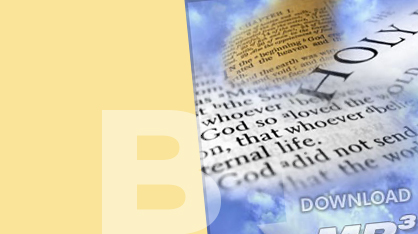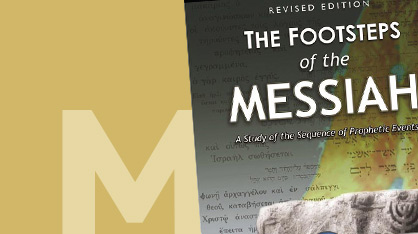Arnold Answers
Related Questions
Related Questions
- Was Messiah actually in the tomb for three d...
- Why is Jesus considered to be a Jew since “J...
- Was the sour wine offered Jesus on the cross...
- Couldn’t “ends of the earth” in Psalm 2:8 be...
- Doesn’t Psalm 16:10 refer to David since Dav...
- Doesn’t a straightforward reading of Psalm 2...
- How can Yeshua be the Firstfuits of the resu...
Did Jesus enter Jerusalem on the donkey on the day that the Passover lamb was to be chosen?
[Here is the full text of the QUESTION from the reader:]
Do you believe that Yeshua entered Jerusalem on the donkey on the 10th of Nissan, the day that the Passover lamb was to be chosen? I have always felt that as precise as the Lord was to fulfill the typologies of the feasts, He would also have presented Himself as the Passover lamb in Jerusalem on the 10th. If that is a consideration, then the 14th would have been on Thursday. What are your thoughts about that?
[Here is Arnold’s ANSWER:]
To answer your question, yes, the Messiah rode into Jerusalem on the donkey on the 10th day of the 1st month, which is the day that the Passover lamb was set aside. From the 10th until the 14th day of the month, the Jewish people were to test the Passover lamb to make sure that it was without spot and without blemish. In that same period, the Messiah was tested and questioned by four different groups of Jewish leaders (Pharisees, Sadducees, Herodians, and scribes). He was proven to be without spot and blemish. He would have partaken of the Passover meal with His disciples on the evening of the 14th day of the month, and then on the 15th day of the month, at 9 a.m. (which was the first day of Passover), He was nailed to the cross at the very same time when the Passover sacrificial lamb was offered up by the priests in the Temple compound, to be eaten by them later in the day.
[For more detailed explanations you can check out two of our publications: Yeshua – The Life of Messiah from a Messianic Jewish Perspective and The Feasts and Fasts of Israel: Their Historic and Prophetic Significance.]
back






